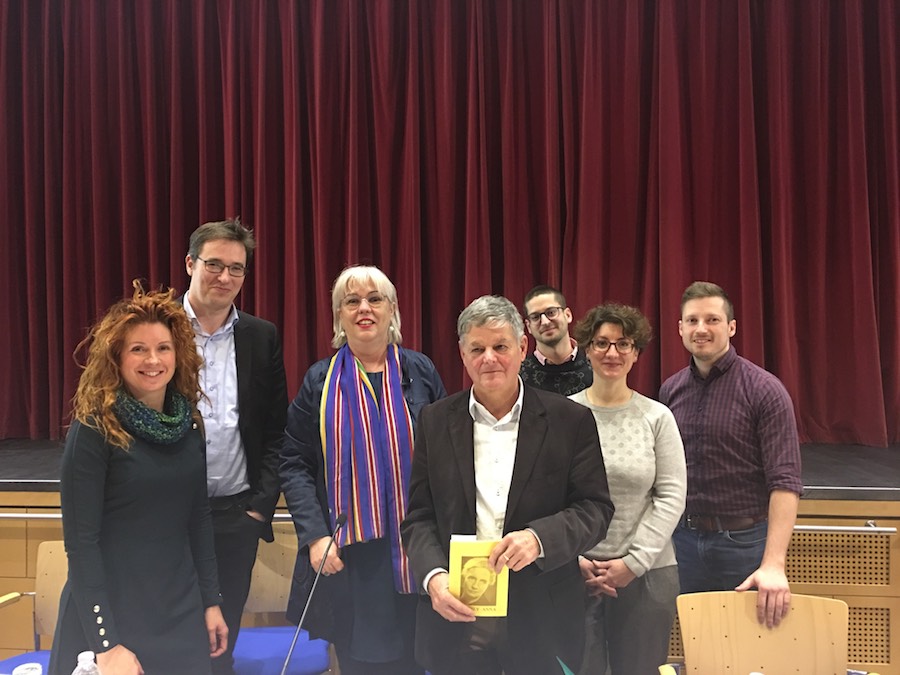The political heritage of Anna Kéthly
On the event held on 29 November 2017 the question from political and historical aspects was raised what heritage the lifework of Anna Kéthly, social democratic politician, feminist, Member of the Parliament leaves for today’s politics.
The keynote speaker was Zsuzsanna B. Kádár, historian. She talked about Anna Kéthly’s political role and her actions. Kéthly was elected to the parliament in 1922. Immediately she started to work for abolishing the censuses of age and literacy (in both cases the conditions were stricter for women than men), and the normative motherhood (one didn’t have to meet the literacy census if she had three or more children). The suffrage with no census differentiating between men and women was only applied after 1945 in Hungary. She was also the first one in Hungary’s history to address women’s dependency within their families, their education and their unequal rights.
In the second part of the event the moderator Andrea Pető continued the discussion on Anna Kéthly’s political heritage with politicians from six parties. The party called Együtt was represented by Nóra Hajdu board member, Párbeszéd by Gergely Karácsony prime minister candidate, DK by János Schiffer president of the constituency no. 4, Momentum by Tamás Soproni board member, MSZP by Kata Tüttő board member and LMP by Péter Ungár board member. In the panel discussion the politicians debated on Anna Kéthly’s politics and lifework, raised questions about what the modern politics could learn from her, why we scarcely hear about her, in what ways her work is relevant for these parties and how we ought to commemorate her.
Friedrich-Ebert-Stiftung
Budapest
Office Address:
Fővám tér 2-3
H-1056 Budapest
budapest@fes.de
Registration (Newsletter):


